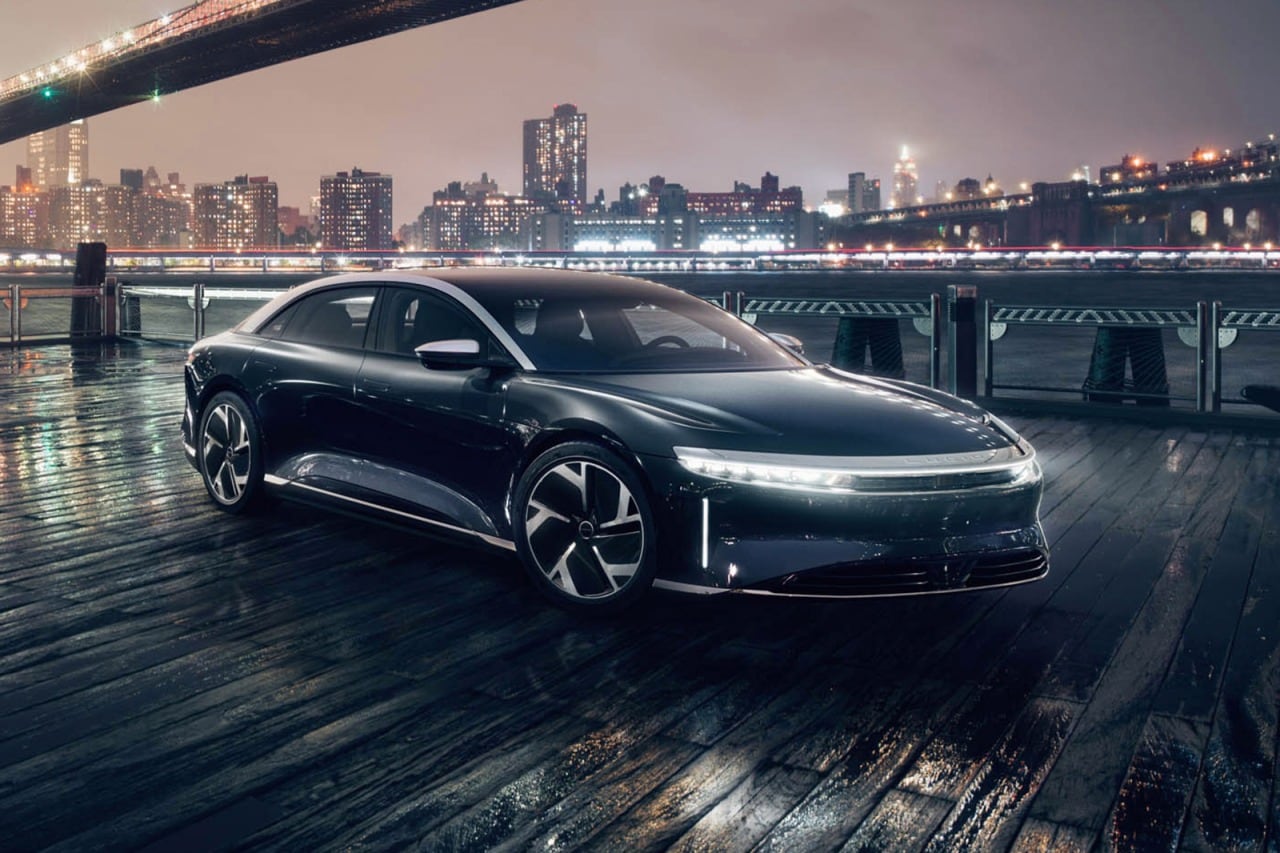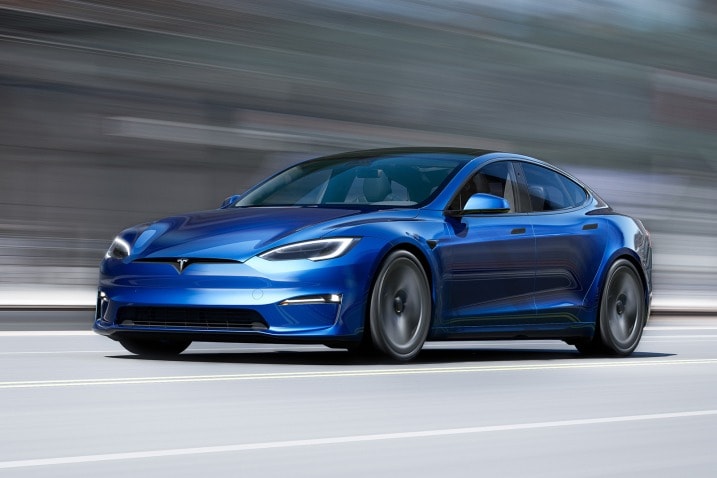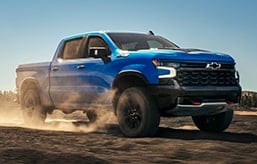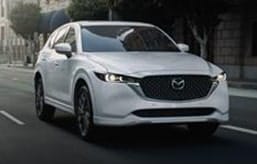What about power?
The Model S Plaid is the quickest car Edmunds has ever tested. Its three electric motors combine to make a staggering 1,020 horsepower, enough to launch it from zero to 60 mph in 2.3 seconds.
The Lucid Air Dream Edition Range is how you get the headline-grabbing 520 miles of, well, range. It makes a robust 933 horsepower, but that isn't enough to trouble the Plaid. If you don't mind sacrificing some range for all-out punch, you'll need the Lucid Air Dream Edition Performance. The motors produce a total of 1,111 horsepower; this is quite a bit more than the Tesla, but Lucid quotes a slightly slower 0-60 mph time of 2.5 seconds.
We know that the AMG EQS will produce 649 horsepower — or up to 751 hp with an optional overboost function. It is estimated to zip from 0 to 60 mph in 3.4 seconds. But since important stats like range and pricing aren't available yet, we aren't using it for this comparison. The EQS 580 4Matic, however, makes a healthy 516 horsepower and 611 lb-ft of torque. It's still enough to get you out of bed in the morning, but Mercedes' estimated 0-60 mph time of 4.1 seconds will have you handing the pinks if you're racing for keeps.
Down to dollars and cents
Perhaps the most important number when it comes to any of these EVs is how big a hole they're going to burn in your pocket when it comes time to sign the dotted line. The Air is by far the most expensive of the three and costs $169,000 in Dream Edition spec. Both the Performance and Range versions cost the same, so which one you get comes down to personal preference.
The EQS is less expensive than the Lucid, but it isn't exactly cheap. The fully loaded 580 4Matic Pinnacle models cost a hefty $126,360, right on par with the Model S Plaid. The Tesla might go from 0 to 60 in just 2.3 seconds, but it can drain your wallet even quicker. The Plaid starts at $129,990, and that's before you add in the $10,000 option for Tesla's highly touted Full Self-Driving Capability feature.
Edmunds says
Buyers looking for their next high-end EV have a lot more choices than the previous Model S default. It's hard to argue with the Tesla's world-beating performance, but some rivals offer a more attractive price point or better range.





 by
by